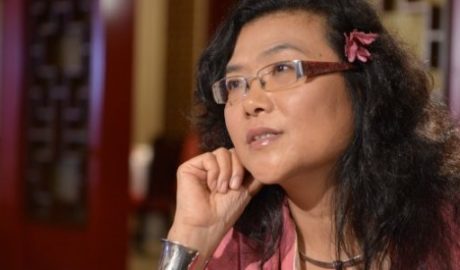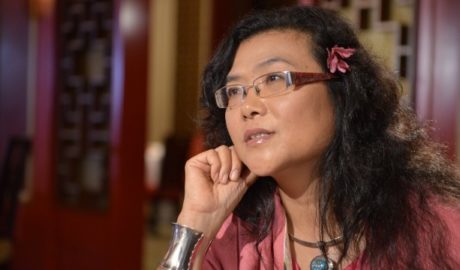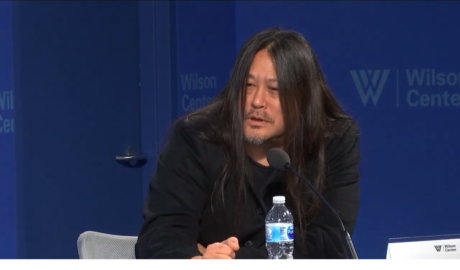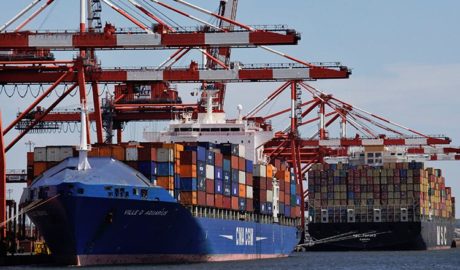Vatican’s deal with Beijing: an understandable gamble – Ian Johnson
This month the provisory agreement for cooperating on the nomination of bishops between the Vatican and the Chinese government is up for renewable. Journalist Ian Johnson, author of The Souls of China: The Return of Religion After Mao, explains why the deal was for the Roman-Catholic church an “understandable gamble,” according to the NCR.Read More →











